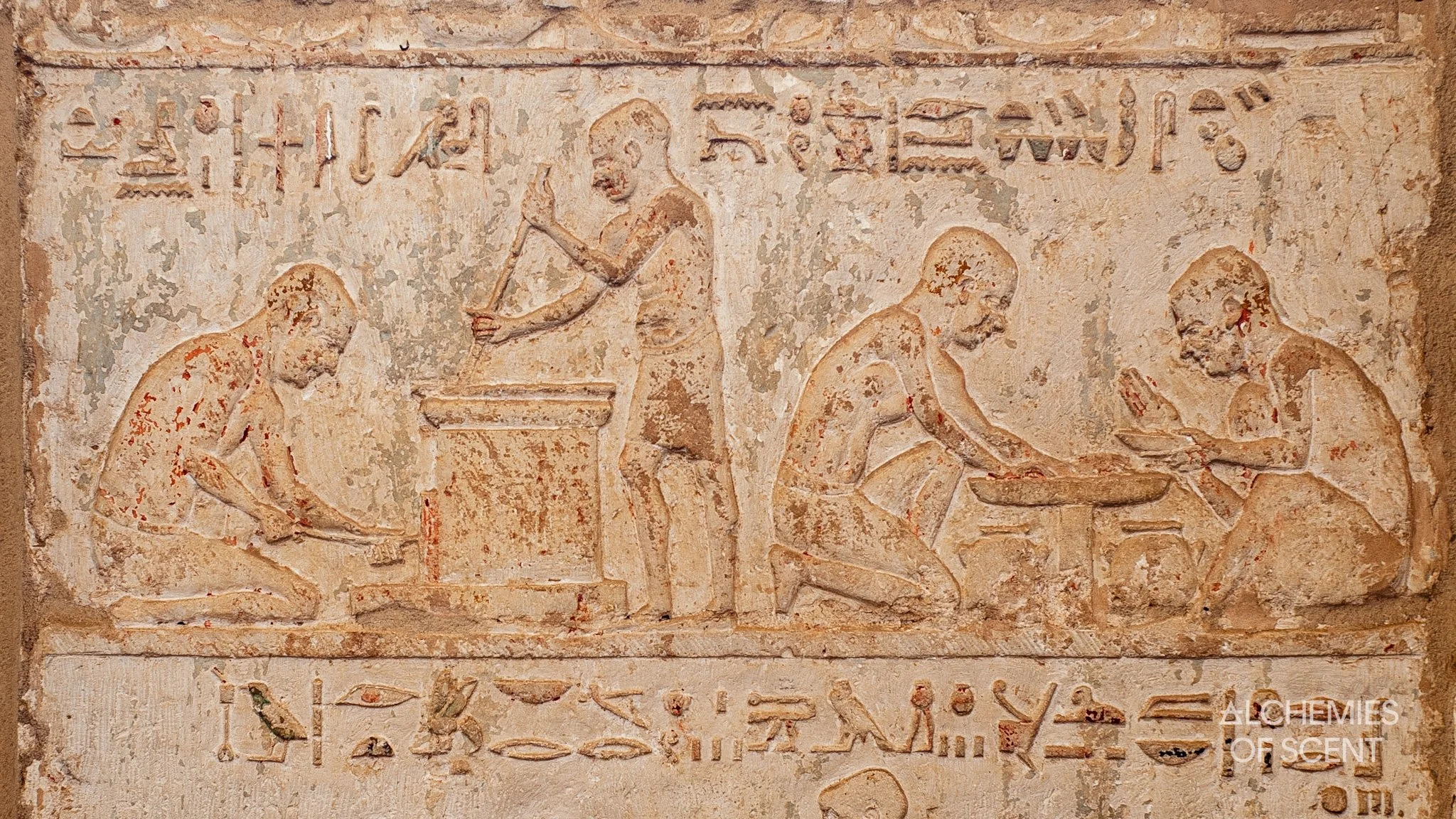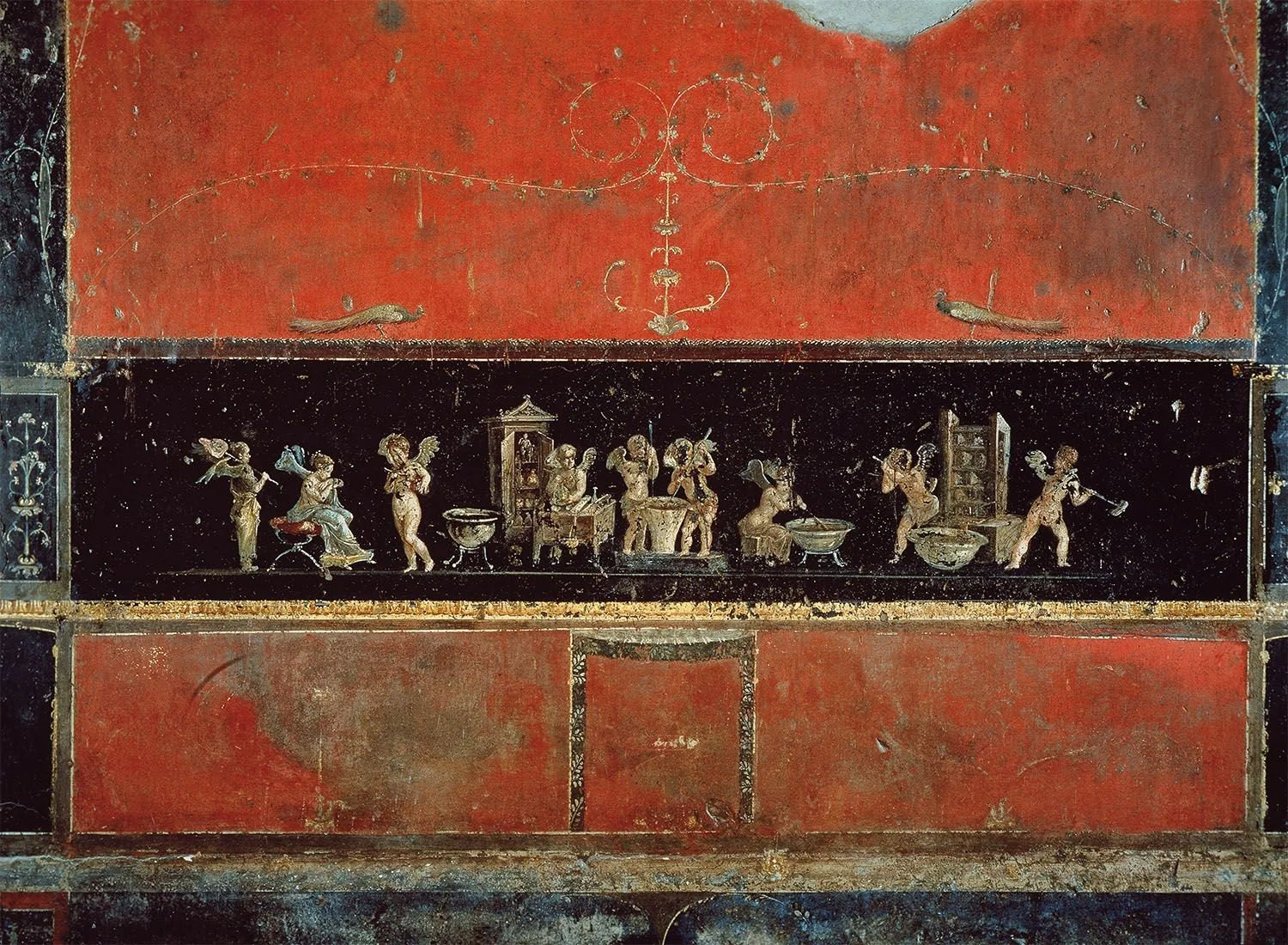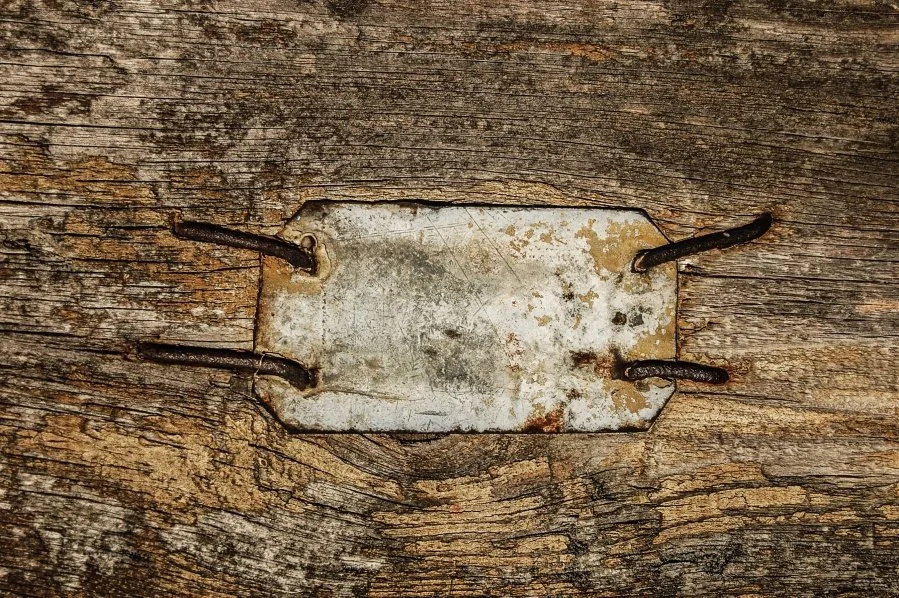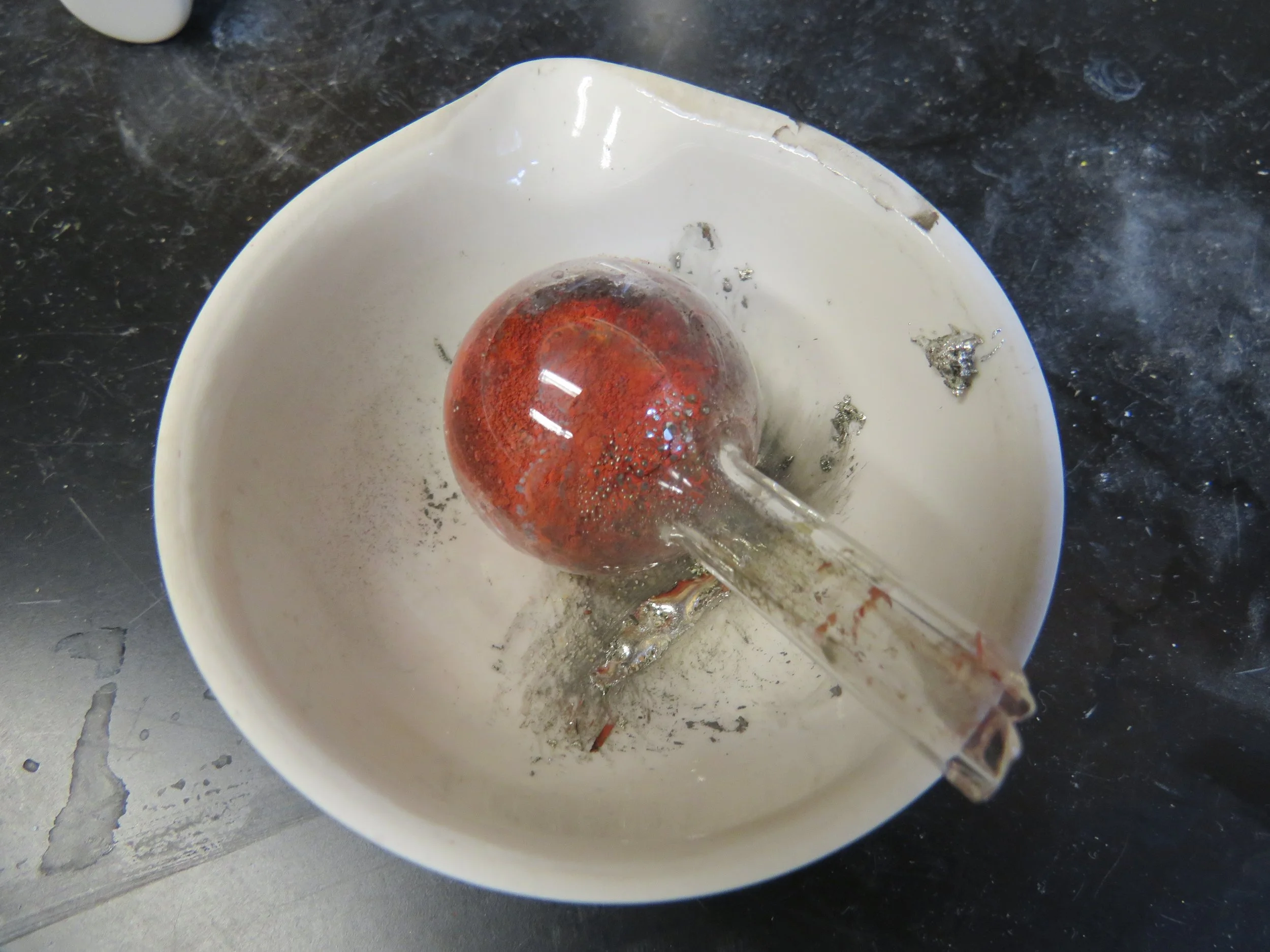
Lecture: Art and Nature in Aristotle’s Physics: Some Antecedents in Early Greek Medicine (Sean Coughlin)
Abstract
In this paper, I defend the claim that for Aristotle the phrase “art imitates nature” does not express a novel belief about teleology as often assumed, but a belief common to Aristotle and his predecessors about how artistic methods of production were first discovered and how arts progress. I trace the history of this belief from some early Greek medical writers, as preserved in the Hippocratic Corpus, through Democritus and Plato to Aristotle. I also show that by looking at how early Greek medical and philosophical writers understood discovery and progress in the arts, we can better understand Aristotle’s expectations for a scientific investigation into nature and what motivated the method of inquiry he thinks the natural scientist should adopt. An advantage of this approach is that it accounts for resemblances among Aristotle’s claim and similar ones in other writers from Democritus to Dante.*
